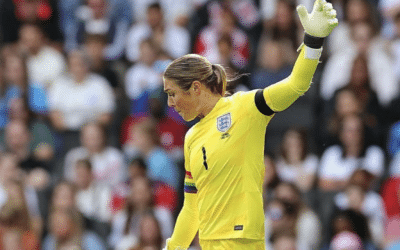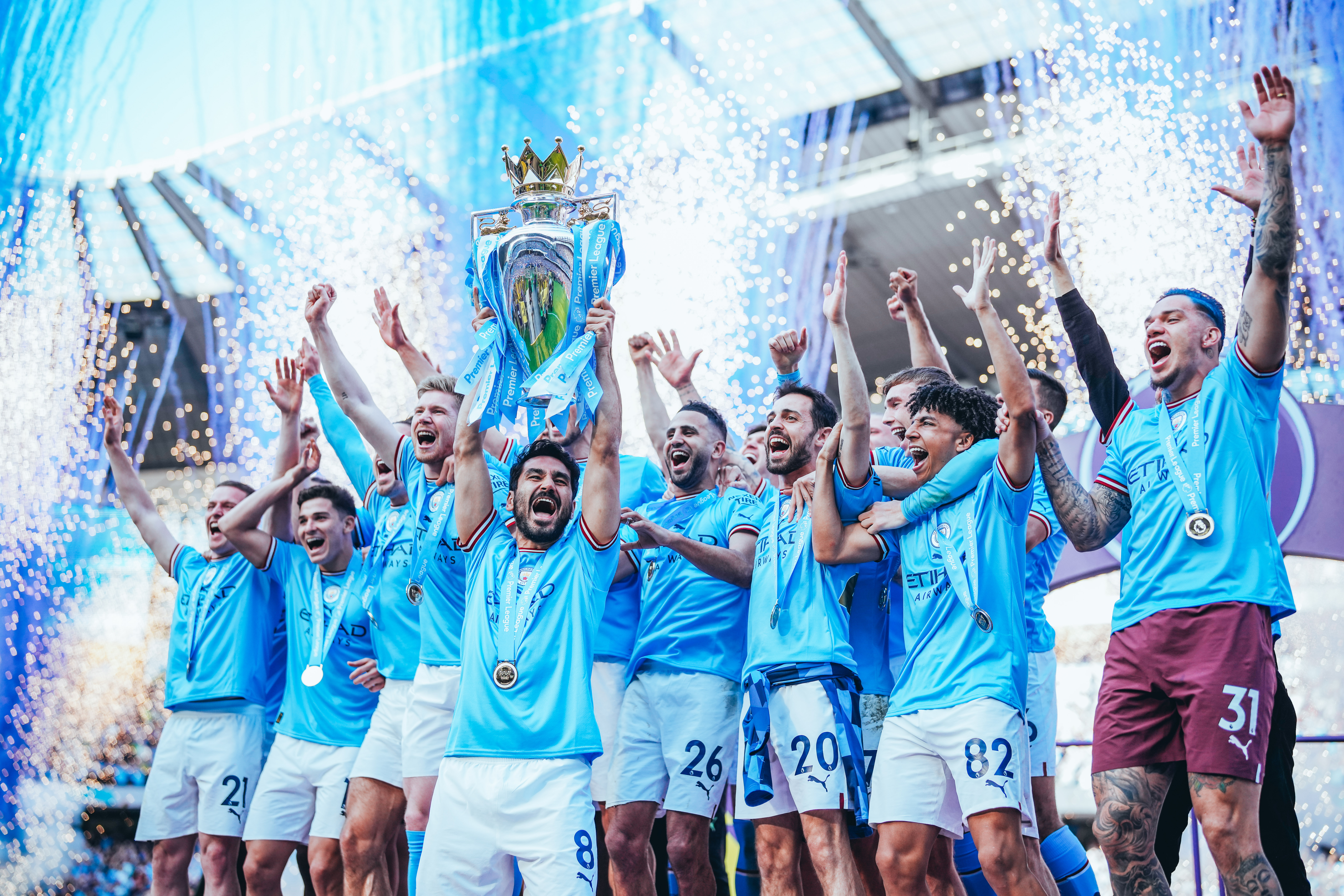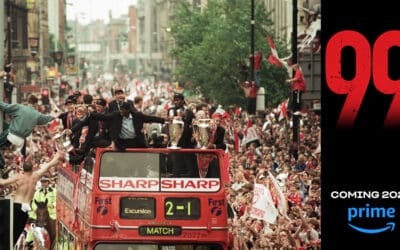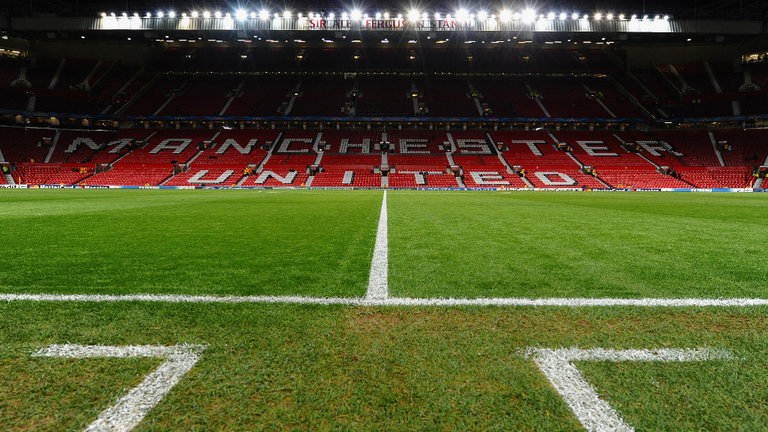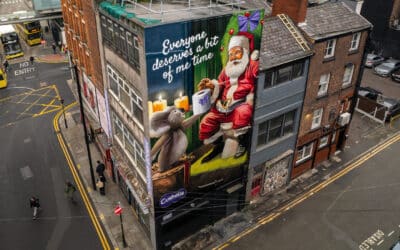Sir Jim Ratcliffe is reportedly mulling a bid for a minority stake in Manchester United as a means of breaking the deadlock over the protracted sale of the club.
Widespread reports, including in The Mirror, Express and Sky Sports, claim that boyhood United fan and INEOS owner Ratcliffe is considering purchasing some of the Glazer family’s shares on the New York Stock Exchange, giving him a 25 per cent stake in the club.
That would ensure the Glazers remain in charge of the Red Devils, a condition which rival bidder Sheikh Jassim won’t entertain in his bid for total control. Sky Sports say that the son of Qatar’s former prime minister remains committed to a full acquisition, despite nearly an entire year going by since United first announced that their board members would be “exploring strategic alternatives, including a sale,” in November 2022.
Almost 12 months down the line, and following at least five bids reaching £5bn for the club, the Glazers remain unconvinced of their desire to sell and continue to consider minority investment, a strategy which is unlikely to please many fans. The Glazers value the club, currewntly 10th in the Premier League, at £6bn.
It was mooted last week that the 70-year-old British billionaire, who was born in Greater Manchester and has supported United all his life, was in the process of restructuring his bid. In July, Ratcliffe said that INEOS had submitted a “good offer,” adding: “We have met with the Glazers a couple of times.
“We have had good discussions with them. We would still very much like to do it. And we would be doing it for the right reasons. But in the end it is their decision not our decision.”
The Glazers have always been open to the possibility of a minority sale, though. Numerous US investment companies – such as Elliott Management, the Carlyle Group and Ares Management – are reported to have proposed investment plans.
Liverpools’ owners, Fenway Sports Group, recently sold a stake to global sports investment firm Dynasty Equity for £164million. Manager Jurgen Klopp won’t see see much of it, as the injection of cash will be used to pay off bank debt accrued during the pandemic and cover capital expenses.

